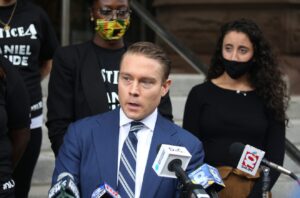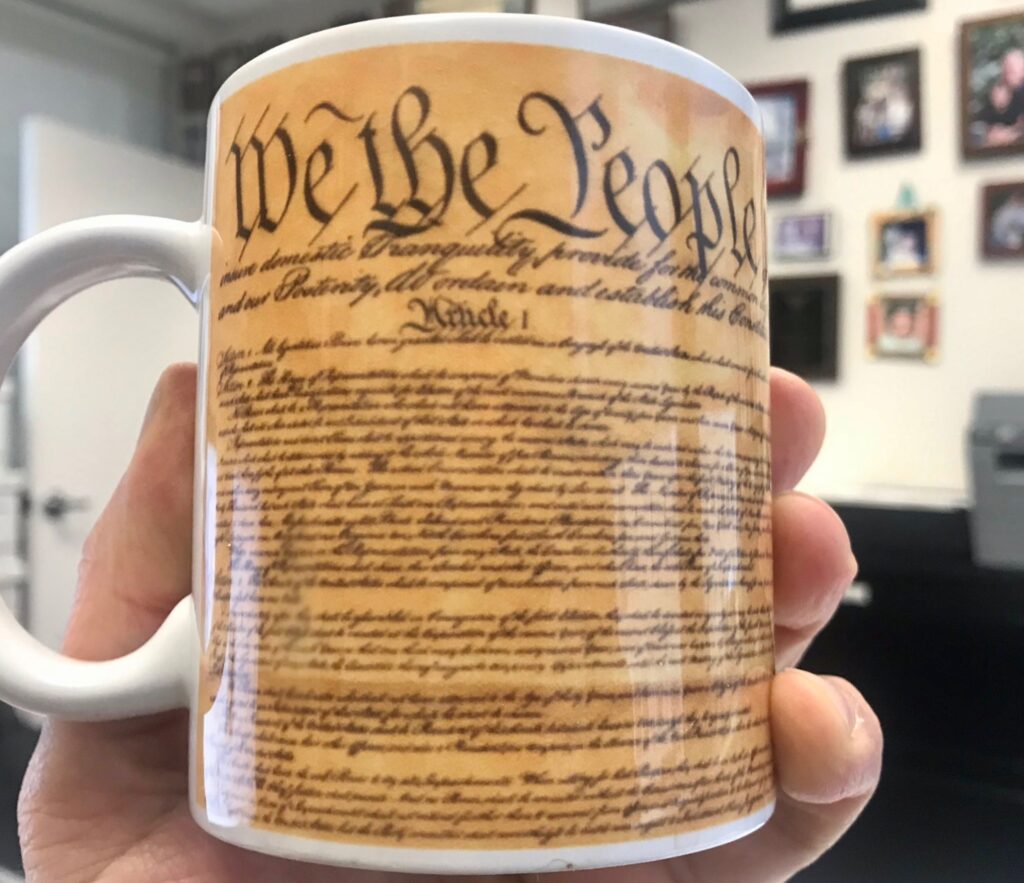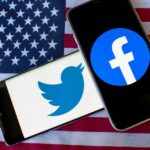
The City of Rochester was slammed yesterday by a New York Supreme Court justice for demanding in-person hearings in police brutality cases. And the order was so wide-sweeping that it extended well beyond the police cases at issue to all matters that the City’s Law Department was defending.
The issue arose out of summer protests surrounding the death of George Floyd, as well as Daniel Prude, a Black 41-year-old who died last March 23rd after being physically bound by Rochester police officers. The police department then engaged in brutal crackdowns against the protesters.
Over 100 people filed Notices of Claim against the police department, a required precursor in New York to bringing suit against a municipality. The City, in turn, then gets an opportunity for a hearing where it takes testimony from the claimant. Such hearings, colloquially known as 50-h hearings after the authorizing statute, are akin to a deposition.
But the City of Rochester’s Law Department demanded that each claimant appear in person for those 50-h hearings, rather than doing them virtually by teleconference. As regular readers know, judges in New York from the outset of the pandemic have forced lawyers to take testimony virtually, refusing to allow matters to be stalled until the pandemic was over. Administrative orders from the courts have since followed.
There was no apparent justification for demanding hearings this way.
Notwithstanding these pandemic related changes, hearings had been attempted in an unrelated hearing effort to move the matters. But during one, Municipal Attorney John Campolieto was unwilling, or incapable, of wearing a mask properly, according to the suit that was filed, and it was held in a small room. Campolieto subsequently tested positive for COVID.
The action was brought by the New York City firm of Roth & Roth, which filed 115 claims regarding abuse by the police related to the protests, and was noticed for numerous in-person hearings. (As per my conversation with partner David Roth.) The well-being of their attorneys were likewise at risk in being forced to in-person hearings. This included Roth & Roth associate Elliot Shields, a Rochester native who maintains connections with the City, who had appeared at earlier hearings and depositions with Campolieto.
Bringing suit in their own name against the head of the Law Department, the firm asserted that demanding in-person hearings during an uncontrolled pandemic was “designed to gain a strategic advantage.” And it was being done despite the fact that the City’s Law Department had just had a COVID outbreak.
Justice Ann Marie Taddedo agreed, and wrote in a decision that the City’s conduct was “arbitrary and capricious” in demanding in-person hearings. But Justice Taddedo went well beyond the confines of this case.
The order was exceptionally wide, encompassing not only these police brutality lawsuits, but all 50-h pre-suit hearings by the City, regardless of whether they are related to these police brutality claims or not.
And still worse yet for the Law Department, an apparently furious judge made the order so broad it encompasses all depositions in all cases for which the City of Rochester is a party.
This decision stays in effect until the emergency declared due to the pandemic is lifted.
The Law Department of the City of Rochester has, in my opinion, really screwed the pooch and done an extraordinary disservice to the citizens of Rochester. With this decision, every judge that comes across the City in litigation in any case will severely question the basis of any request they make, far more so than they might ordinarily. I don’t know what kind of reputation Rochester’s City attorneys had before, but it is most surely in the crapper now.
Whoever made this dangerous and bone-headed decision should be fired.
—————- The relevant documents below——



